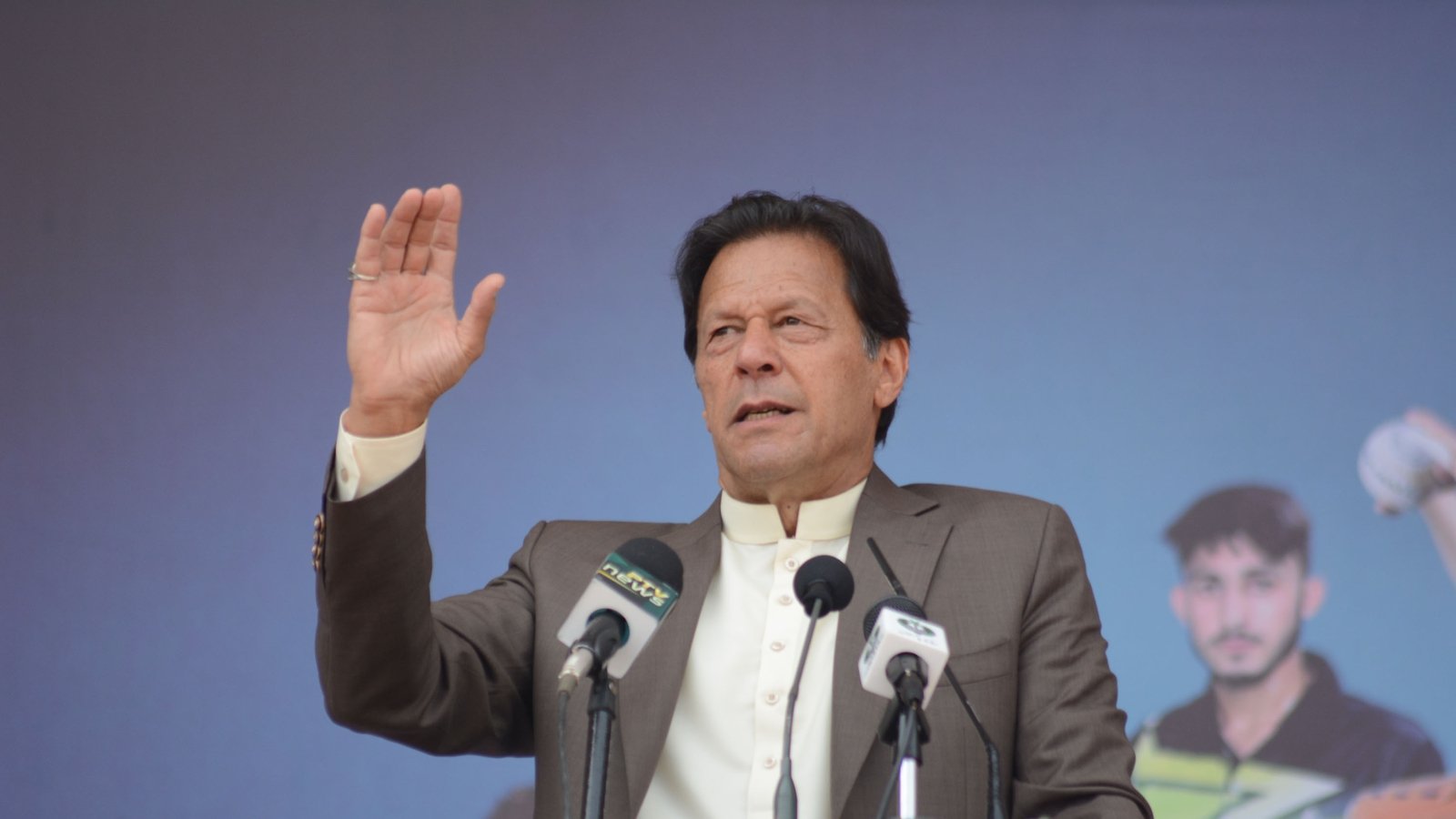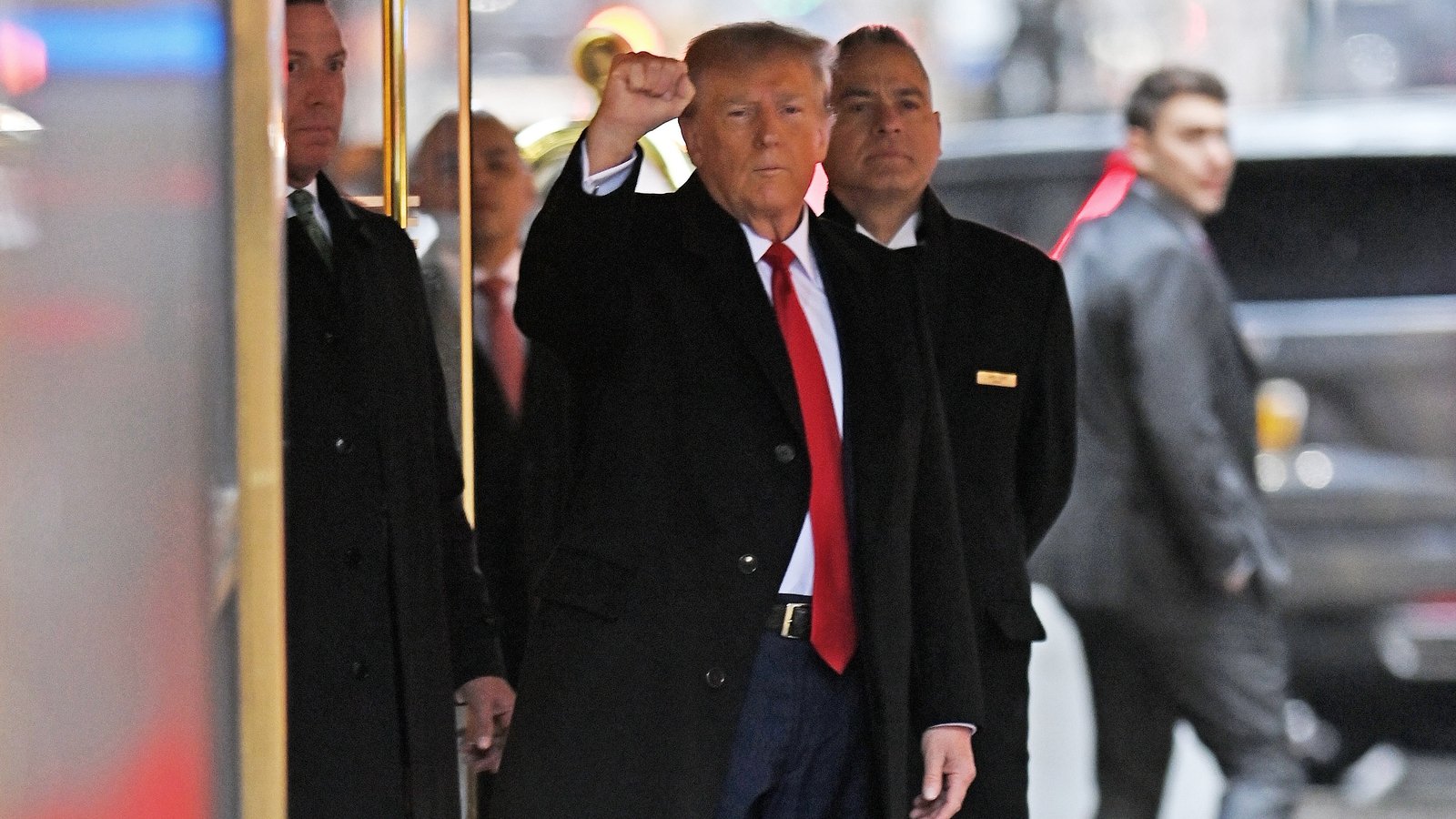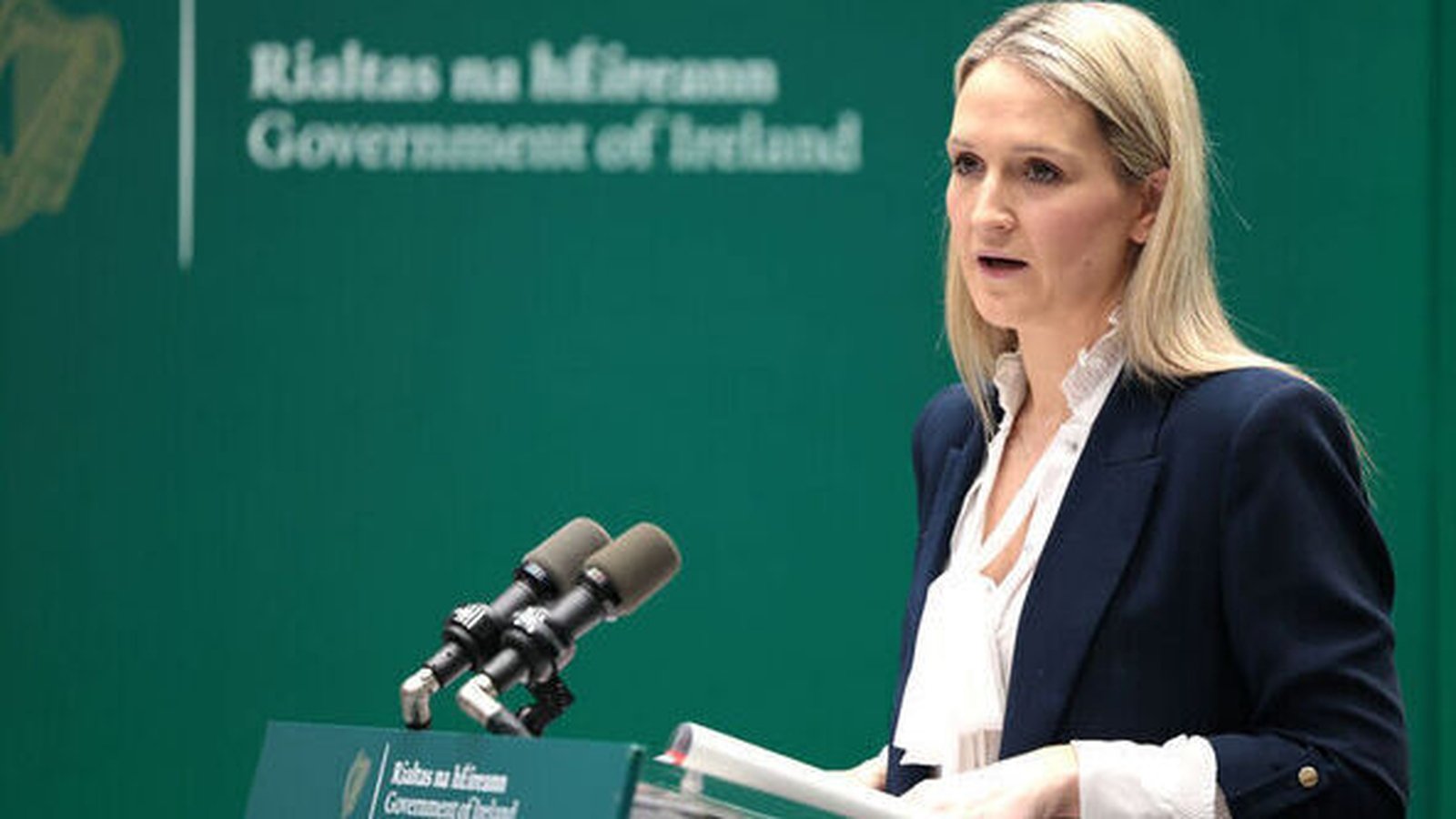Russia claims another village in Ukraine’s Donetsk region
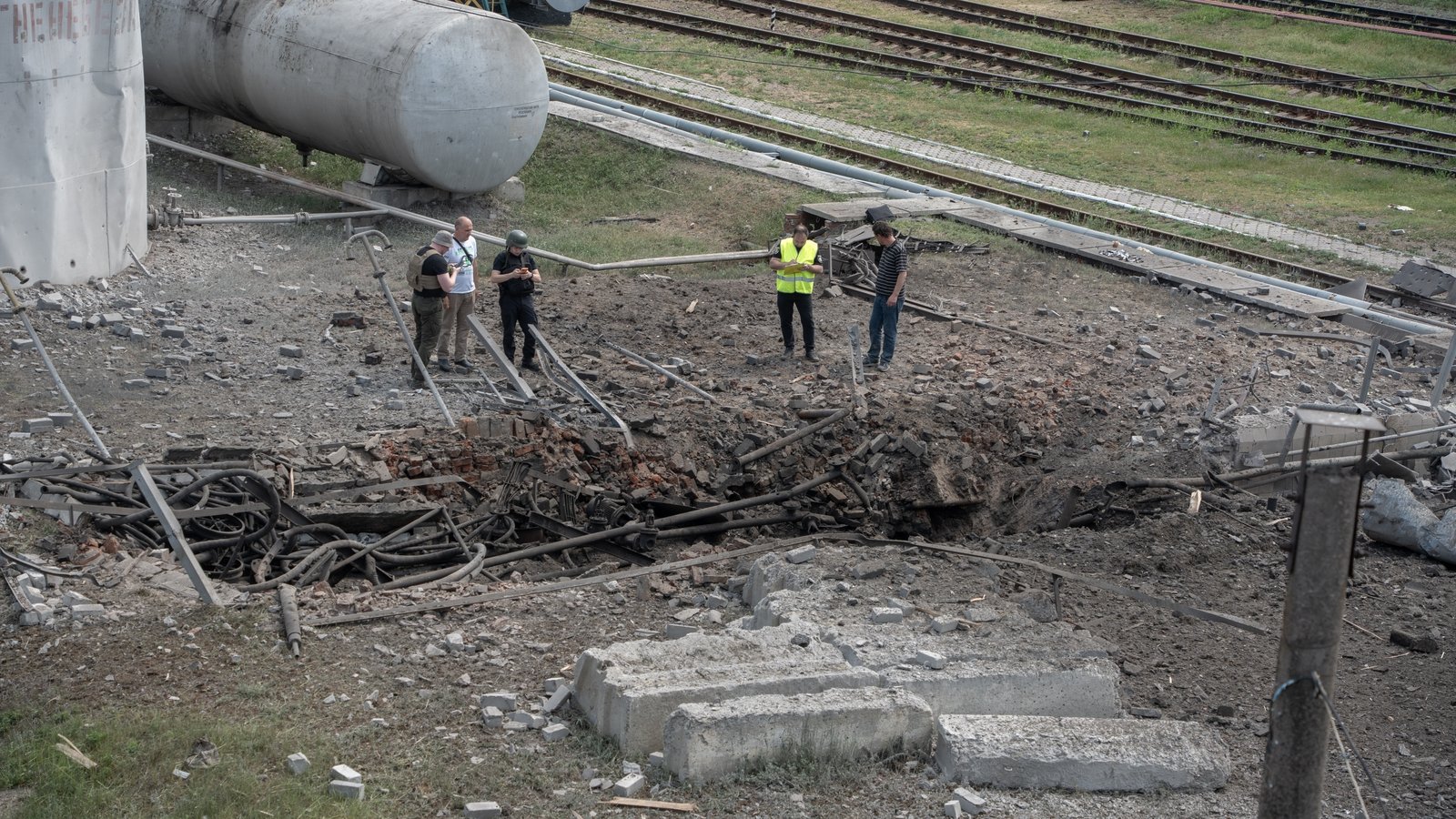
Russia has said it captured another village in Ukraine’s eastern Donetsk region, while Kyiv said Moscow was intensifying attacks away from the northeastern Kharkiv region.
The Russian defence ministry said that troops had “taken control of the village of Arkhangelske”, located to the north of the city of Donetsk.
The small frontline village is near the town of Ocheretyne, which Russia said it had captured early this month.
Russia’s latest claim of territorial gain came as Ukraine said Moscow is intensifying attacks away from the Kharkiv region, where it launched an offensive on 10 May.
Ukraine’s General Staff said that Russian forces were “particularly active” near the town of Pokrovsk in the Donetsk region.
It said six firefights were ongoing near the villages of Kalynove, Yasnobrodivka and Sokil, south of the village of Arkhangelske.
Meanwhile, Ukrainian police said three civilians had been killed and two wounded in Russian attacks on Donetsk region, where there had been over 1,800 strikes over the last day.
Ukraine also said its forces had repelled two attacks in the Kharkiv region and fighting was continuing near the town of Vovchansk, which Moscow is attempting to seize.
Russia’s defence ministry said its troops had fought off two counterattacks near the border, one close to Vovchansk.
Governor of the Kharkiv region Oleg Synegubov said that Russian forces had hit the railway hub of Kupiansk-Vuzloviy with a guided bomb, wounding at least five people.
He did not provide further details.
Ukrainian President Volodymyr Zelensky said yesterday that he had visited the city of Kharkiv and met military officials to discuss the defence of the region, particularly of Vovchansk.
‘Progress’ on freezing Russian assets
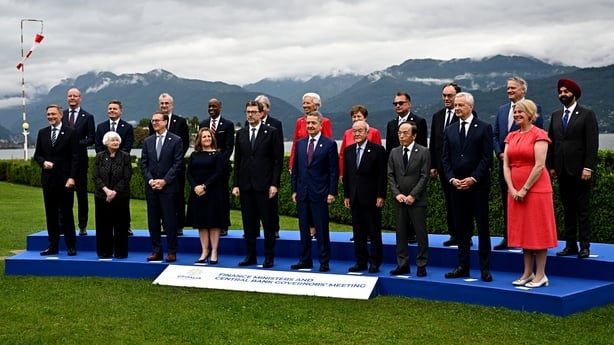
Meanwhile, G7 finance ministers have said they were making “progress” in finding ways to use profits from frozen Russian assets to help Ukraine, according to a draft statement from a summit in Italy.
A search for creative yet legally sound solutions was top of the agenda at the two-day Group of Seven meeting in Stresa, northern Italy, as Kyiv continues its urgent appeals for more funds from Western allies in its third year of war with Russia.
“We are making progress in our discussions on potential avenues to bring forward the extraordinary profits stemming from immobilised Russian sovereign assets to the benefit of Ukraine, consistent with international law and our respective legal systems,” the ministers said in a draft final statement seen by AFP.
They hope to present possible options to G7 leaders ahead of a summit in Puglia, southern Italy, on 13-15 June.
They reiterated that Russian assets frozen by G7 nations “will remain immobilised until Russia pays for the damage it has caused to Ukraine”.
In the draft, they added that they were “committed to further financial and economic sanctions… including continuing to target Russia’s energy revenue and future extractive capabilities”.
“(The G7 is) ready to impose sanctions on individuals and entities that help Russia acquire advanced materials, technology, and equipment for its military industrial base,” added the statement.
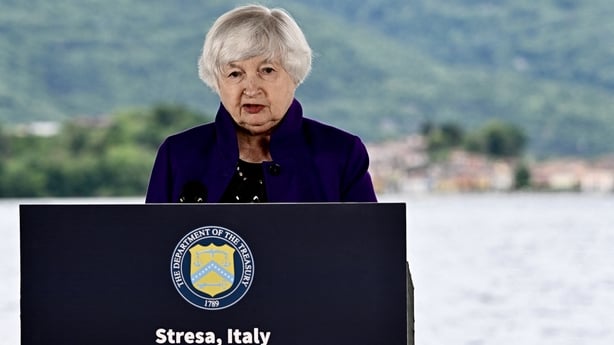
The summit – attended by Ukrainian Finance Minister Sergii Marchenko – wrapped up a day after the United States announced a new $275m (€253m) package of aid for Kyiv, part of a $61bn (€56bn) military aid deal passed by Congress last month after months of delays.
Kicking off the finance summit, US Treasury Secretary Janet Yellen had urged her counterparts to embrace “ambitious options” in considering how to use the frozen Russian assets.
A debated US proposal would tap the interest generated by the €300bn of Russian central bank assets frozen by the G7 and EU, creating a $50bn (€46bn) loan facility backed by future interest on the assets.
Last week, the European Union agreed to a more modest plan, using interest from Russian assets frozen by the bloc in what it estimates could generate up to three billion euros a year.
Finance ministers attending the talks had warned that the Stresa summit was not likely to result in a concrete deal.
Read: Latest Ukraine stories
Yesterday, France’s Finance Minister Bruno Le Maire described it as a “political agreement in principle, not a turnkey solution”.
The G7 ministers also expressed concern in the draft statement over China’s trade policies and industrial overcapacity, warning the bloc could take measures to counter them.
The United States has led growing concerns that a surge of low-cost Chinese exports fuelled by Chinese government support in key sectors like solar and electric vehicles pose a risk to global markets.
“While reaffirming our interest in a balanced and reciprocal collaboration, we express concerns about China’s comprehensive use of non-market policies and practices that undermines our workers, industries, and economic resilience,” the draft statement said.
Saying the G7 would “continue to monitor the potential negative impacts of overcapacity”, it said the group “will consider taking steps to ensure a level playing field, in line with World Trade Organization (WTO) principles”.
In February, the United States argued that G7 nations should seize the frozen assets outright, an idea it later backed away from due to the concern of allies that it could be a dangerous legal precedent and that Russia could retaliate.


